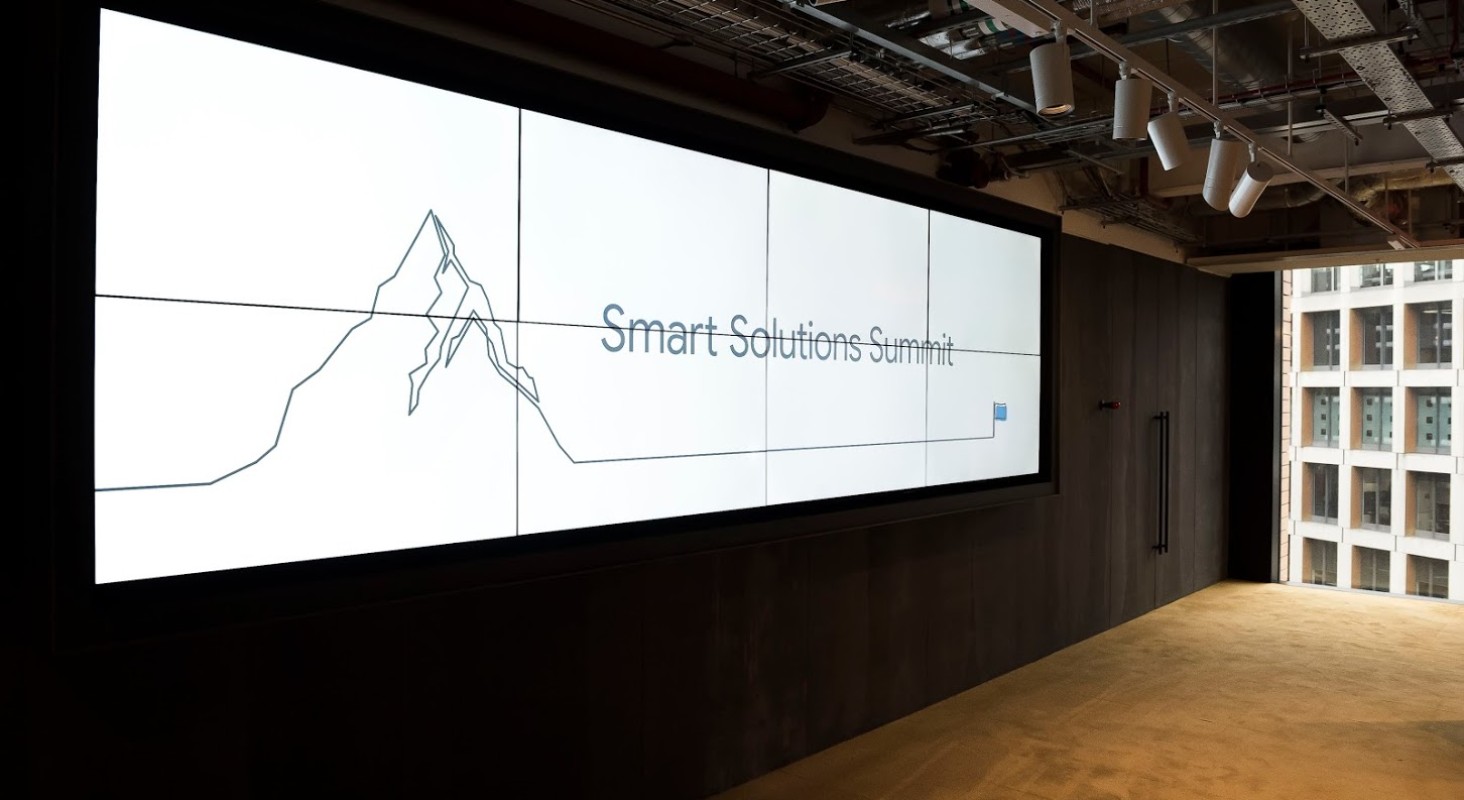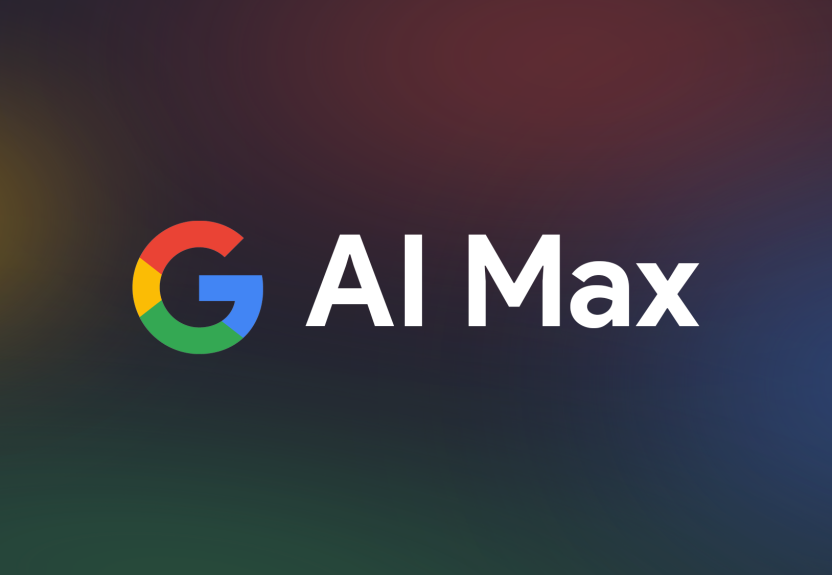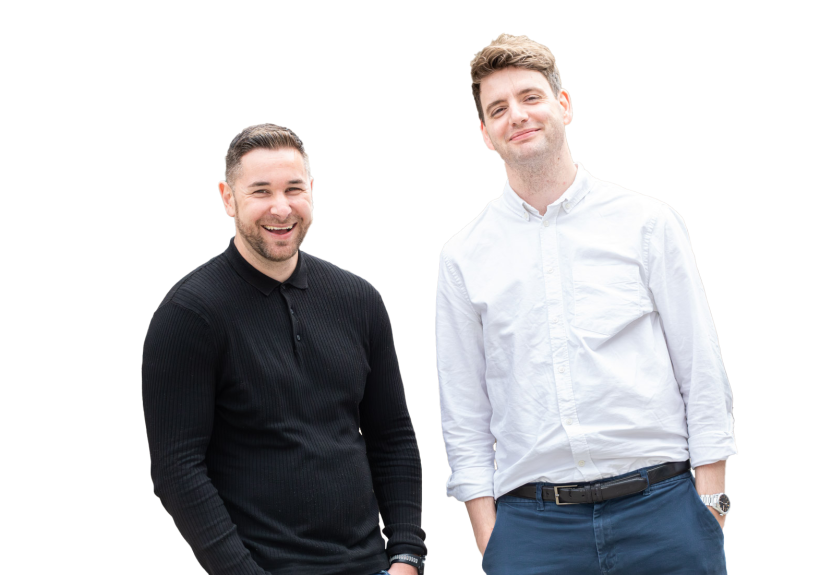On Tuesday 12th March 2019, M3 were fortunate enough to be invited to Google’s Smart Solutions Summit hosted at their Head Office near Kings Cross. The event itself offered a unique insight into where the paid search world has been heading over the last 2 years.
The key focus was around Google Ads line of smart solution tools which are powered by sophisticated machine learning technology. Although these features are not necessarily new, and have been around for a while, Google are extremely committed to ensuring these tools work and benefit us as advertisers and the businesses we work with.
Key Takeaways
So, what did we learn? Consumers are not only more demanding now than ever, but they are also more connected than ever, too. The advancements in mobile technology has allowed a user to gather information they find useful in seconds. In the past two years:
- Searches for “best” have grown by 80%, best restaurants, best hotels etc…
- Local searches without “near me” have outgrown comparable searches which include “near me” due to changes in geo-targeting most results that appear are now localised.
- Travel related searches for “tonight” & “today” have grown by 150%.
Consumers expect to find answers seamlessly across all platforms whilst their journeys are becoming more and more complex, made up of multiple intent-rich moments. This presents a huge opportunity for businesses to drive engagement from their customers. However, the analysis to create a sophisticated strategy around a now, much more complex user journey, requires an extreme amount of data. Interestingly, it was made apparent to us that from this extreme amount of data, businesses only actually analyse 12% of it, this is a surprisingly low figure to highlight to a room full of digital marketers whose main job revolves around data…
If we just think about that for a moment - we are trying to read into huge amounts of data to make the right decisions for our clients. 80% of a digital marketer’s time is spent on manual tasks whether that be campaign creation, keyword research, ad-copy writing, reporting etc… whilst 20% of that staggering amount is spent on optimisations.
Google have a “smart solution” to reduce the amount of time spent on these tasks!

Smart Bidding
Smart bidding is an array of advanced automated bidding strategies which utilises machine learning and Google’s complex algorithms. But, what are the benefits?
- Query level optimization
- Varity of signals that is impossible to replicate
- Instant data signals evaluating for every auction.
- Smarter audience signals
- Simpler, more transparent interface
- Easier to drive store visits (coming soon) – leverage target ROAS bidding to effectively drive store visits.
Where do we sign up right?
Not quite. Very often, some things are too good to be true - and whilst smart bidding is a step in the right direction, it is not a perfect solution. We listed some things to take into consideration if your business is planning on rolling out smart bidding:
Top 6 pitfalls of smart bidding
- Analysing the performance when the strategy is still in its “learning period”. Often, the first 2–4 weeks will see a performance drop-off, and comparing this data can make the overall account/campaign performance look more negative than it is after this period.
- Ensure targets are realistic – there is no point asking for a CPA of £10 if the campaign has never reached a CPA lower than £50.
- Campaign budgets are set at appropriate level Google recommends 5-10X the target CPA.
- Overlooking high conversion delays when analysing performance. If the conversion delay is 5 days, run a test with smart bidding for 30 days + 5 to ensure all conversions are accounted for.
- Making constant changes to campaigns. Patience is key and making changes to the campaign will cause the bid strategy applied to fall in its learning phase again.
Smart Creatives
Over 75% of advertising impact is determined by the quality of the creative. We think we speak for most digital marketers when we say that the ad-copy creative process can be at times, exhausting. Ensuring the tone, message & CTAs all match a single businesses ethos whilst ensuring it all fits within a 30/90-character space can take time. Then to make it even more time consuming, you must repeat the same process twice over to follow best practice of 3 ads per ad-group…
Google have very kindly created a solution for this also; Smart Creatives. These come in the form of 3 tools:
- Dynamic Search Ads (DSA)
Dynamic Search Ads use content from your website to create & target your ads to searches relevant to your businesses.
- Responsive Search Ads
Responsive Search Ads let you create an ad that adapts to show more & relevant messaging to your customers. Provide the system with 15 headlines & 4 description lines and Googles machine learning will rotate for the best variant for each customer.
- Responsive Display Ads
Similar to Responsive Search ads, but more image based and suited for the Google Display Network. Display ads has the potential to create 1,000+ variants of ads that are tailored to a group of customers.
The benefits to Smart creatives are:
- Personalised Messaging
- Reach customers at scale by letting machine learning select/build the best combination of assets to show the right message.
- Better Testing Opportunities
- Free up time to focus on more impactful strategic efforts by automating routine creative assets such as A/B testing
- Efficiencies at scale
- Do more work, in bigger bulks in shorter spaces of time.
In conclusion, it can be argued that Google is heading towards full automation thanks to the advancements in machine learning and, if that’s the case, what impact will that have on employment? A quote from Dan Gilbert (CEO at Brainlab) gives good reasoning that, “The rise of automation doesn’t steal jobs, it changes the game”. This is a long-term investment by Google to eventually free up our time, enabling us to work smarter and efficiently.
Tasks that can now be automated:
- Bid management
- Keyword mining & negatives
- Ad-copy writing
New tasks that are available with the time saved:
- Market & competitor analysis
- Building relationships
- Data integration
- Better and more actionable insights.
Who remembers the days where you would collate a few keywords together and start bidding on them to try and drive traffic to your site, with the aim of generating a sale or a lead? This automated digital world has been gaining on us more and more the past few years - even more so since Google Adwords dropped the “word” part in its name and referred to itself of Google Ads.
These technological advancements mean it’s time to adapt - we are not in control of this change and, if we don’t get onboard, we are all at risk of falling behind. However, we leave you with this quote as we move towards this exciting time ahead: “Machine learning will replace tasks, not jobs.” – Forbes 2018.






